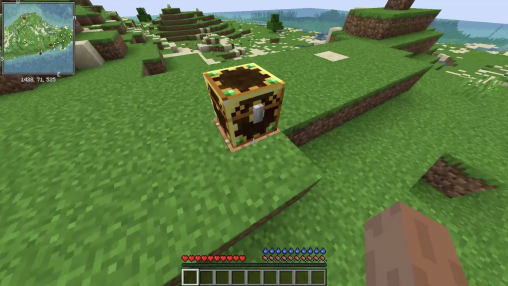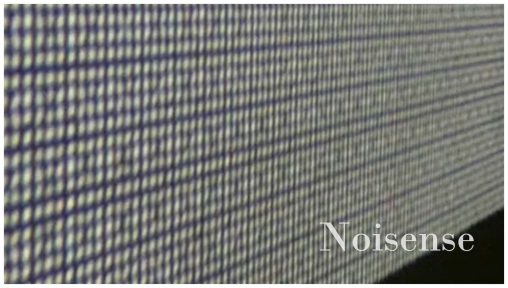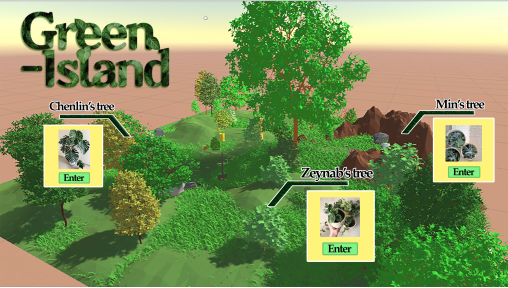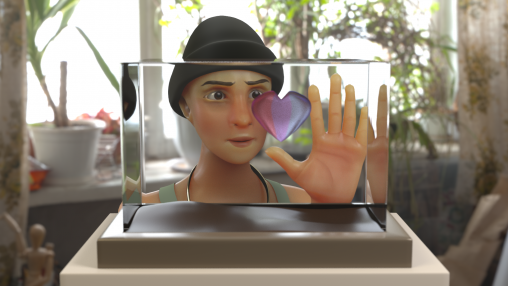Page 8 of 16
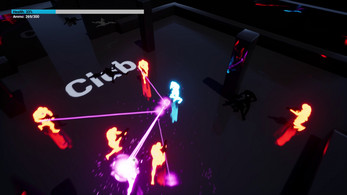
Explores the rules and procedures followed by players and games-more broadly and not limited to computer games-that are the building blocks that make up gameplay. Students look at the various aspects of game mechanics; what they are, how they can be formed, how they interact with each other, what values they transmit and topics relating to the application of game mechanics.

The course will provide a survey of various animation techniques and approaches with an emphasis on render time animation as it is used in 3D art, 3D animation, data visualization and games. Topics include, scene building, character animation, timeline based animation techniques, and the use of 3D graphics in simulation and visualization.
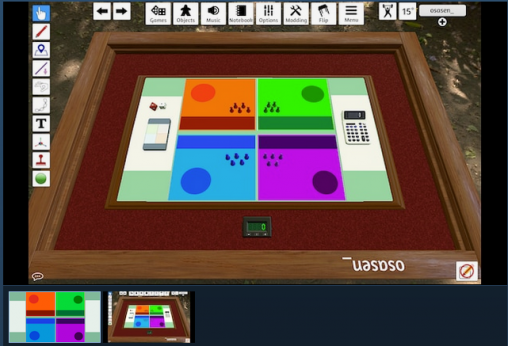
Introduces the essential workflows and requisite knowledge for game development through the design and creation of game prototypes using a game engine. Provides an introductory hands-on approach to the study and practice of games, gamification, and game play and their use in various applications, including video games, simulations, serious gaming, and art making contexts.

Introduces techniques and strategies for the documentation and dissemination of work in the digital age. Students will expand their skills in traditional and internet-based research in tandem with developing competence in the clear, concise communication of ideas through appropriate integration of text, visual, sonic and interactive components.
